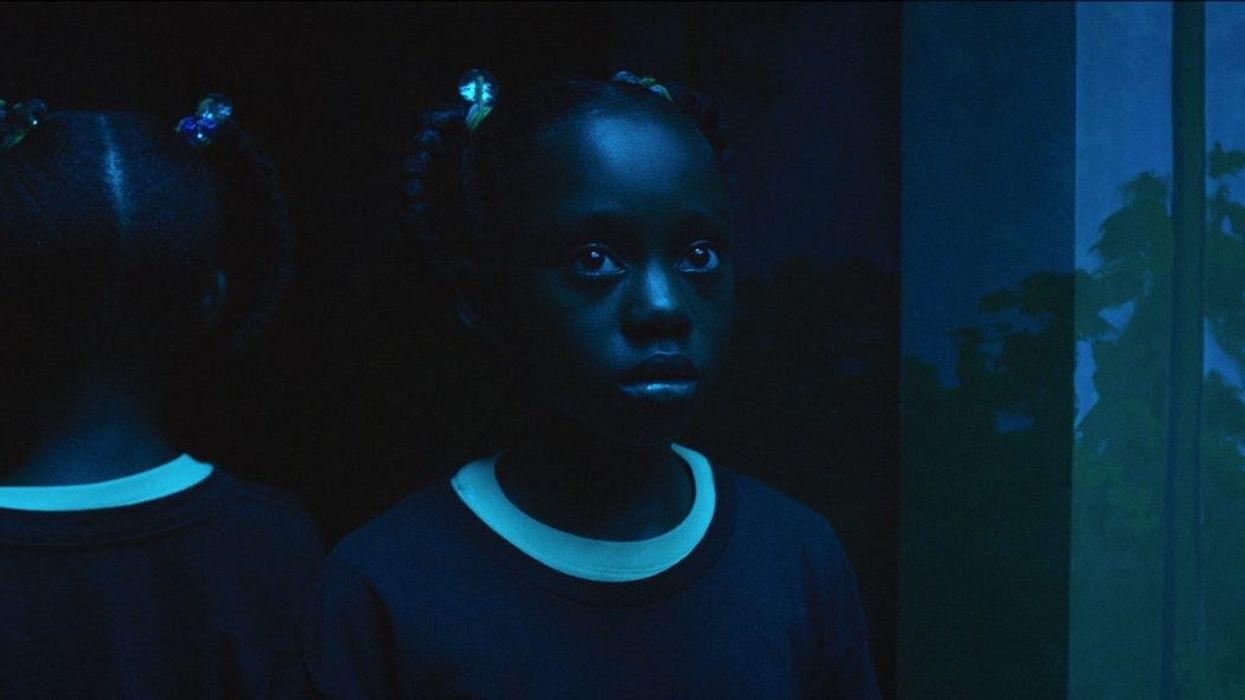'Us' Rewards the Audience by Subverting Our Expectations
The best thing a filmmaker can do is subvert an audience's expectations.

It has been two years since Jordan Peele’sUs hit theaters. Us is a straightforward horror film that loosely tethers itself to a subgenre of horror. It evokes true fear and dread at points. In the moments where the film lacks, there are true gems that make Peele’s second film a great movie.
Although it might fail to scare, Us doesn’t fail to do the one thing horror is meant to do—subvert the audience’s expectations.
Most films fail to deliver a payoff that the audience does not see coming a mile away, but Peele and his team carefully crafted a film that plants seeds throughout the plot and continues to escalate the narrative by subverting expectations and giving the audiences a satisfying payoff. Check out Filmento’s breakdown of the brilliant consistency that creates tension in Us in the video below.
The setup has to payoff
The biggest thing that separates the forgettable films from the memorable ones is the payoff. If a moment is set up earlier in the film, then the audience expects something to come from that moment later on. When there is no payoff, the audience is left wondering why the film didn’t do anything with a suspenseful line that the main character dropped out of nowhere.
Us is littered with setups and payoffs.
The introductions to each character show their major attributes that will come into play later when they are in a moment of danger. An example of this is when the film introduces Jason Wilson (Evan Alex), who is obsessed with trying to get his magic fire match to light and gets trapped in the hall closet. Many other movies would utilize one of these details, but Us uses both of them to remove Jason from his dangerous situation with his tethered character.
Even little bits of dialogue and visuals play into this idea of setups and payoffs. This dedication to each moment having consequence in the film shows how much care went into the story. It rewards viewers who are watching with an eagle eye and invites those who missed the moments to come back and watch it again. Every moment, action, and character adds to the plot and what will happen later in the story.
The only other movie that does setups and payoffs as well as Peele’s Us is Inception, which Christopher Nolan spent 10 years writing. Every piece has its place. We remember those films that are seemingly made up of random shots stitched together that eventually fall into place.

The subversion
Subverting expectations is one of the most powerful cards filmmakers have in their filmmaking tool kit. Horror is a genre that relies on subverting expectations, or it fails to stay memorable.
From a first glance, Us was set up to be in a similar position as most forgettable home invasion movies, but Peele quickly eliminated that possibility by expanding the isolated situation into a nationwide problem. The commercials marketed the family of four to have tethered characters, but a twist showed each person in the U.S. has one. By making the audience insecure about what they think will happen next, Peele has created a world in which almost anything could happen and he has the justification somewhere in the movie to show how the consequence came into existence.
The subversions are properly set up to take the audience down a road that no one thought the film could go down but had the justification to do so.

Audiences go to a movie to watch what they were promised, and Us delivered the promise in the first third of the film, leaving room for more to happen. The setup allows for the story to move forward, and it’s the want to make the audience disoriented and shocked by what the payoff was that makes the viewer turn to their neighbor and ask, “Did you see that coming?”
Few films can cleverly deceive the audience, but Peele has found the formula that works for his horror films. Of course, other film elements make Us a fantastic movie, but it is the attention to detail—big and small—that makes returning to the film’s story so enjoyable each time.
What was your favorite setup and payoff in Us? Let us know in the comments below!
Source: Filmento










![Ethos, Pathos, Logos: 20 Effective Ways to Advertise [Infographic]](https://nofilmschool.com/media-library/ethos-pathos-logos-20-effective-ways-to-advertise-infographic.jpg?id=34064614&width=600&height=600&quality=90&coordinates=560%2C0%2C0%2C0)

